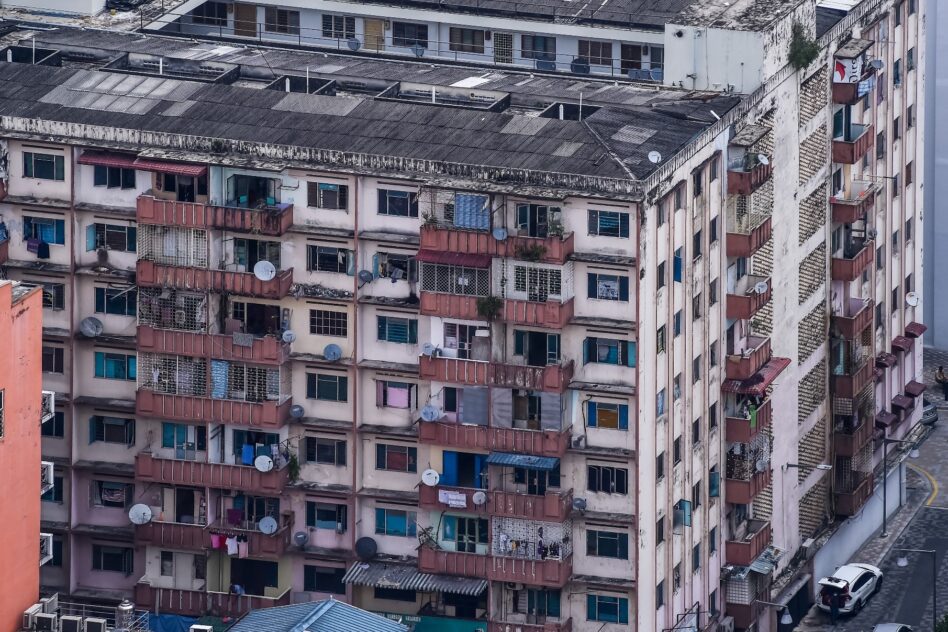OVER the last two years, the effects of the pandemic have caused overwhelming stress and anxiety to Malaysians as they make ends meet amidst the economic standstill.
Traveling is a great means of relaxation, and what better way to escape the pandemic than to embark on a wellness journey geared towards rejuvenation and healing.
As a result, with borders cautiously re-opening, one of the many things that people are doing to recover is travel.
In doing this, travellers would also be contributing to a growing industry in Malaysia: Wellness tourism.
According to the Wellness Tourism Association, wellness tourism is defined as a specific division of the global tourism industry with the goal to market natural assets and/or activities that are focused on serving the wellness-minded consumer and those who want to be.
Malaysians are becoming more health conscious and mindful of their lifestyle choices, vacation locations that can cater to their wellbeing in every aspect have become a priority.
Wellness tourism involves a wide range of activities, from nature sightseeing to prioritising diets rich in organic foods to wellness treatments, suitable relaxation regimens and exercise.
Malaysians could benefit from these existing resources on a daily basis to elevate the country as the most sustainable that advocates for a healthy wellness lifestyle.
With its majestic natural and tropical ecosystem, and pristine beaches, the landscape of East Malaysia, particularly Sabah, has the potential to provide such surreal healing experiences for travellers who need a break from the drudgery of their everyday life.
Being connected to nature and the outdoors, even if it is just simply taking a walk, has helped many to relax, recharge, and has been proven to improve moods.
In Sabah, travellers can become closer to nature and enjoy activities like sunrise hikes, sunset walks, water rafting, jungle trekking, not to mention the rewarding experience of climbing the majestic Mount Kinabalu to restore their mental and physical health.
With its large untapped natural resources, Sabah is a resource-rich state with the initiative of sustainability behind every decision made to lower carbon footprint and support the United Nations’ Sustainable Development Goals (SDG) initiatives.
Nutribah, a Sabah-based agritech and wellness enterprise, for instance, merges with the mega-biodiversity that surrounds it to provide guests with a rejuvenating retreat.
The seamless integration of a farm stay, farm-to-plate dining amidst the mountains, and a tour of the organic farm paired with various rejuvenation activities like hiking, and yoga classes at sunset, helps visitors realize a healthy lifestyle connected with nature.
Moving forward, I believe Sabah has the potential to champion Malaysia’s wellness tourism industry, growing beyond state borders.
The very blueprint of wellness tourism can be implemented across Malaysia, calling attention to the breathtaking glory of its tropical ecosystem.
From the beaches at Pulau Tioman to the deep jungle of Gunung Mulu National Park, it is essential for stakeholders to invest in flourishing Malaysia’s offerings and encourage Malaysians to embark on a healing travel experience for their health and wellness.
Furthermore, all efforts in expanding Malaysia’s wellness tourism industry could further supplement and extend towards medical tourism with all our existing healthcare facilities acting to compliment.
Wellness tourism would grace Malaysia’s soil and help revive the economy, attracting wellness travellers from around the globe.
As this industry matures, Malaysians need not look far to take a break from the drudgery of their everyday lives. – Dec 15, 2021
Preston Sean Soh is the Executive Director of Nutribah.
The views expressed are solely of the author and do not necessarily reflect those of Focus Malaysia.









